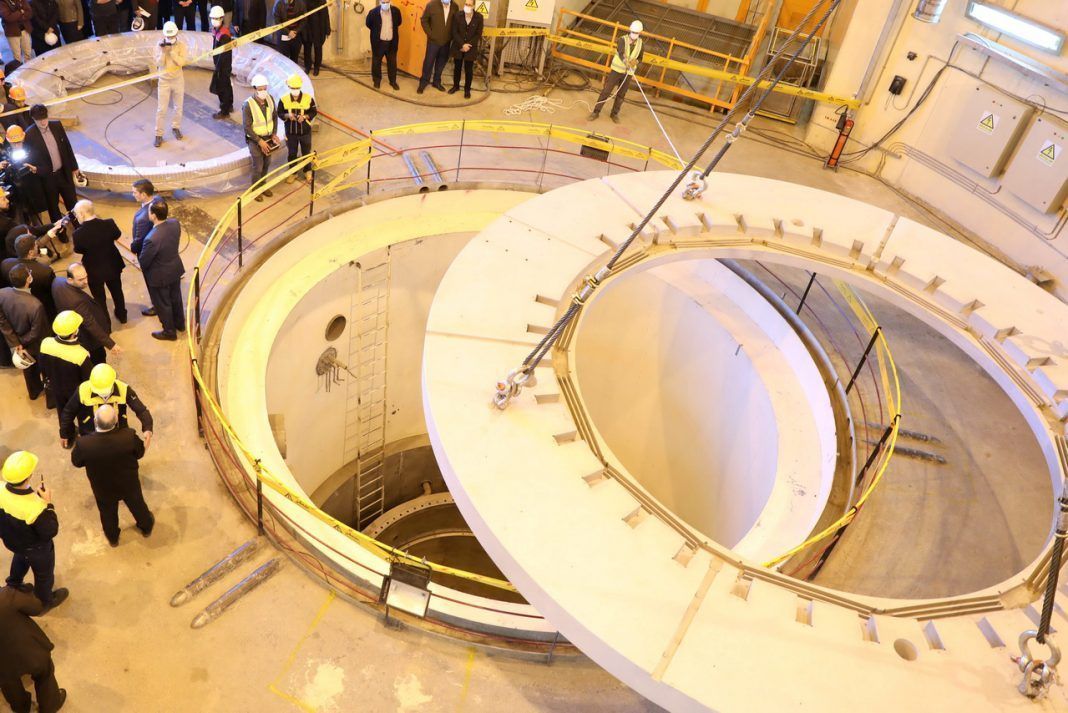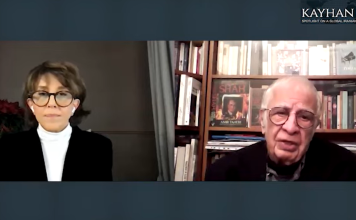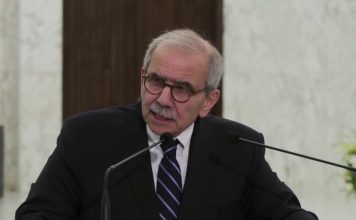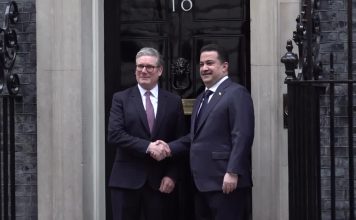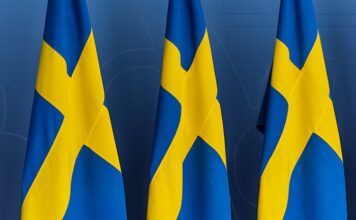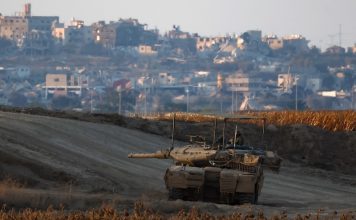DUBAI, Feb 23 (Reuters) – An Iranian government newspaper warned on Tuesday that overly radical actions in the nuclear wrangling with the West may lead to the country’s isolation after Tehran ended snap inspections by United Nations inspectors.
Iran‘s envoy to the International Atomic Energy Agency, Kazem Gharibabadi, said it had ended implementation of the so-called Additional Protocol at midnight (2030 GMT) on Monday. The agreement allowed the IAEA to carry out short-notice inspections.
The state-run daily newspaper Iran criticised hardline lawmakers who protested on Monday at Tehran’s decision to permit “necessary” monitoring by U.N. inspectors for up to three months, saying this broke a law passed by parliament in an apparent effort to pressure the United States to lift sanctions.
The law requires ending snap inspections by the U.N. nuclear watchdog from Tuesday if sanctions are not lifted.
“Those who say Iran must take swift tough action on the nuclear accord should say what guarantee there is that Iran will not be left alone as in the past… and will this end anywhere other than helping build a consensus against Iran?” the daily Iran said.
To create room for diplomacy, the U.N. watchdog IAEA on Sunday reached a deal with Iran to cushion the blow of Tehran’s reduced cooperation and refusal to permit short-notice inspections.
On Monday, Supreme Leader Ayatollah Ali Khamenei said Iran might enrich uranium up to 60% purity if the country needed it, while repeating a denial of any Iranian intent to seek nuclear weapons.
Iran‘s 2015 nuclear deal with six powers, which it has been breaching since the United States withdrew in 2018, caps the fissile purity to which Tehran can refine uranium at 3.67%, well under the 20% achieved before the agreement and far below the 90% suitable for a nuclear weapon.
A U.S. State Department spokesman said Khamenei’s comments “sounds like a threat” but reiterated U.S. willingness to engage in talks with Iran about returning to the 2015 nuclear deal.
Washington said last week it was ready to talk to Iran about both nations returning to the accord abandoned by former U.S. President Donald Trump.
Tehran said last week it was studying a European Union proposal for an informal meeting between current members of the deal and the United States, but has yet to respond to it.
Iran, which has resumed enriching to 20% in an apparent bid to heap pressure on the United States, has been at loggerheads with Washington over which side should take the initial step to revive the accord.
Iranian leaders insist Washington must end its punitive campaign first to restore the deal, while Washington says Tehran must first return to full compliance.
(Reporting by Dubai newsroom; Editing by Kim Coghill)

